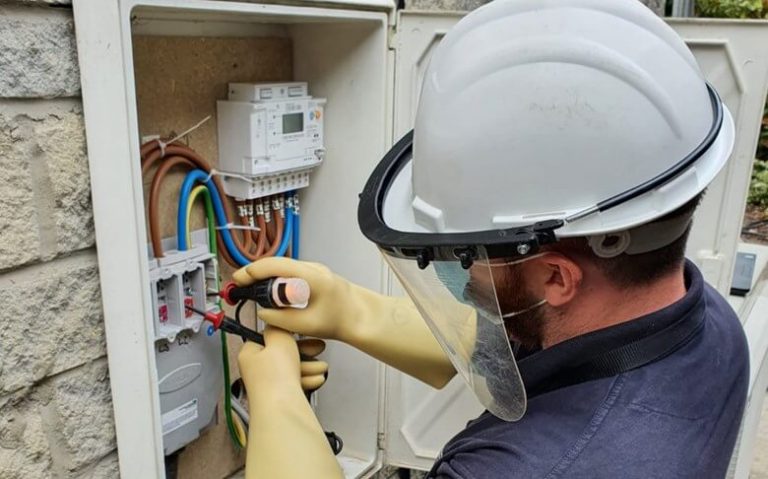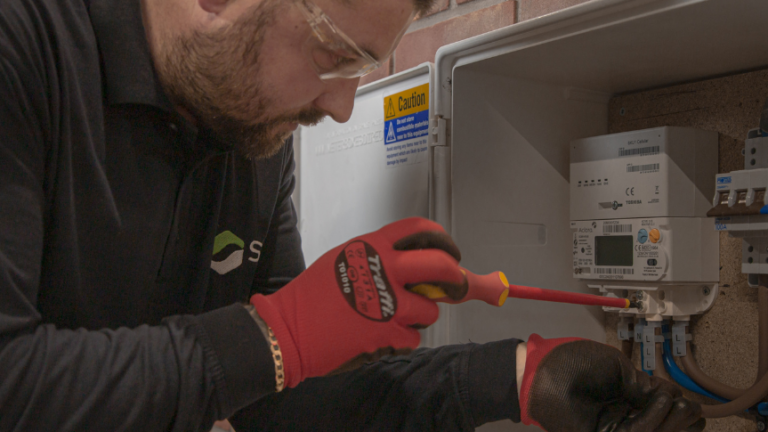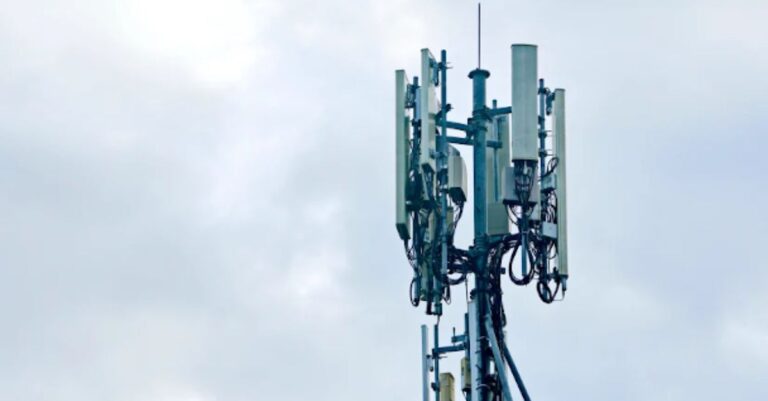8 myths about smart meters
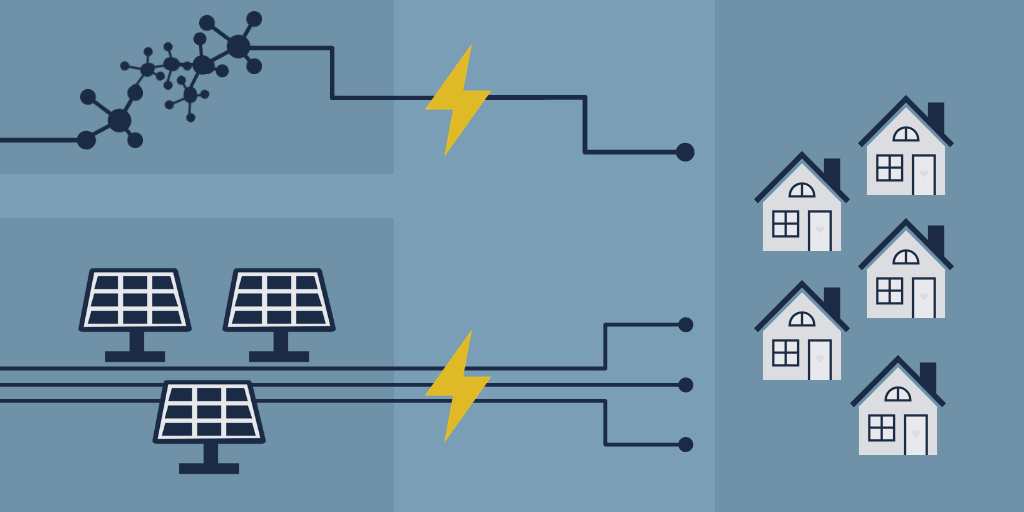
As the smart meter rollout continues, more and more people are talking about the implications. But how do you separate fact from fiction? Here we clear up some common misconceptions.
Myth 1: The traditional energy grid is fine as it is
Fact: Great Britain’s network was designed for simpler times. We’re now using more energy than ever – something set to increase with the expected growth of electric car ownership. All this at a time when evidence of climate change means a shift to greener sources is vital.
Smart meters are the first step towards a smarter grid that can anticipate more accurately the peaks and troughs of demand, and balance variable sources of renewable energy, such as solar, with the fixed output of nuclear. A smart grid will mean less energy is wasted, with less impact on the environment.
Myth 2: There’s no advantage to upgrading from an old-fashioned meter
Fact: Smart meters’ portable digital display makes energy usage easy to monitor in pounds and pence. So no more rooting around in a cupboard to read the meter and no more nasty surprises when you open your bill, as readings are automatically sent to your supplier. So it pays to upgrade. As the owners of the more than 12 million meters already in place in Great Britain have found out.
Myth 3: I’ll have to pay for my smart meter
Fact: Smart meters and their installation are available at no extra cost to you. The price for the meter and its maintenance will be absorbed into your energy bills – in the same way as today’s meters. There’s therefore no need to worry about payment on the day it’s fitted. The whole process should only take two hours. Just make sure that when the engineer turns up they can access your current meter.
Myth 4: Smart meters don’t save customers money
Fact: Smart meters make the energy system cheaper and more efficient to run, but the amount you save in your home is up to you. People are already saving significant amounts by monitoring their energy usage. Smart meters allow you to see in near real time how much your power is costing you, and how much money you could save by not filling the kettle to the brim every time or by switching off the hall light.
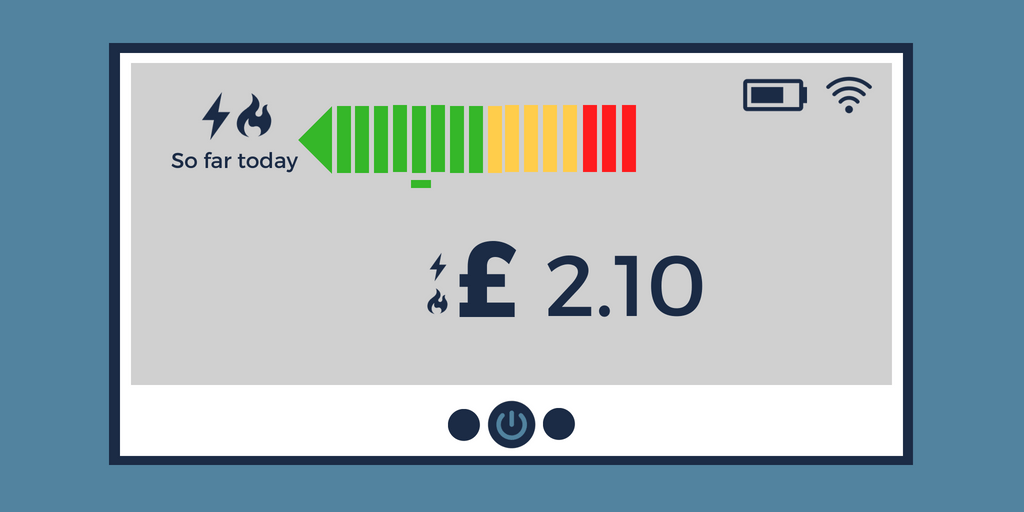
Myth 5: Older meters are safer than smart meters
Fact: There is no difference, although the check on gas appliances that’s part of the smart meter installation has so far identified more than 420,000 safety issues in homes that might otherwise have gone undetected. So the smart meter rollout if actually making homes safer.
Myth 6: Smart meters can be hacked to make your data public
Fact: Great Britain’s smart meter system was developed in consultation with cyber security experts, including those at the National Cyber Security Centre, making it very secure. Only automatic meter readings are shared privately with your energy supplier for billing purposes at least once a month. Sharing regular readings helps your supplier offer you tips on how to avoid waste.
Myth 7: Smart meters give suppliers the power to raise prices without your knowledge
Fact: This is untrue. By law, energy suppliers can only charge what their customers have agreed to pay. You may use your smart meter to access time-of-use tariffs, for example, you could do the washing at night when the rate is cheaper, but that arrangement with your supplier is decided dependent on your lifestyle. A smart meter will help you determine whether the tariff you’re on is right for you. In the future, your smart meter may even be able to alert you to cheaper tariffs elsewhere.
Myth 8: Only people who own their home can benefit from a smart meter
If your name is on the energy bills you can arrange to have a smart meter installed; although if you’re a tenant, let your landlord know. If your landlord pays your bills, you can still get a smart meter. Ask them to arrange it with your supplier directly.
